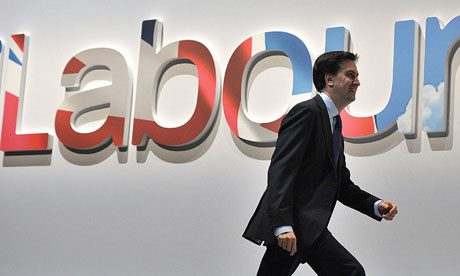I am thinking about culture and the commons, feedback welcome.
Culture is a vast, complex and shifting area of discussion, it is easier perhaps to ignore and any attempt to deal with it are likely to be incomplete at best. Even defining the term 'culture' is difficult, indeed the literary theorist Terry Eagleton notes it, ‘is said to be one of the two or three most complex words in the English language’ (Eagleton 2000: 1). In this context 'culture' deals with the beliefs and practices relating to the management and meaning of the commons. However the writer and activist David Korten has developed a useful description, arguing:
Culture is the system of beliefs, values, perceptions, and social relations that encodes the shared learning of a particular human group essential to individual survival and orderly social function. It serves as the interpretive lens through which the human brain processes the massive flow of data from our senses to distinguish the significant from the inconsequential, assign meaning, and shape our behavior: 'This plant will kill you. That one is food.' [...]The processes by which culture shapes our perceptions and behavior occur mostly at an unconscious level. It rarely occurs to us to ask whether the reality we perceive through the lens of the culture within which we grew up is the “true” reality. We just take for granted that it is. (2011)
Cronon's account of the mutual incomprehension between indigenous and colonial peoples in New England in the 17th century is a good illustration of the significance of ‘culture’ (1983). The indigenous with their commons were seen as impoverished by the arriving European population, who could not believe how few material goods they used in the midst of a fertile and apparently highly productive landscape. The indigenous 'failure' to enrich themselves with material items was seen to legitimate European control of the landscape. In summary, the colonialists argued that if the indigenous were not, apparently, maximizing their prosperity by using the land, Europeans were right to take the land and use it more productively to generate greater wealth. Indeed as we have already noted this was the argument used by the philosopher John Locke to justify taking their land. The indigenous, in turn, felt that the Europeans were foolish to work so hard and noted their failure, at least at first, to prepare for harsh winters by storing supplies. They believed this would lead to disaster. Indeed the lack of physical material possessions made it easier for the indigenous to move with seasonal changes and sustain themselves through cold winters. The cultural contrast is based on what is seen to be 'sustainable' or 'good', the indigenous and the colonialists held different assumptions when it came to land use and economic benefit.
Bibliography
William Cronon. Changes in the Land: Indians, Colonists, and the Ecology of New England (New York: Hill & Wang, 1983; 20th anniversary edition, 2003).






